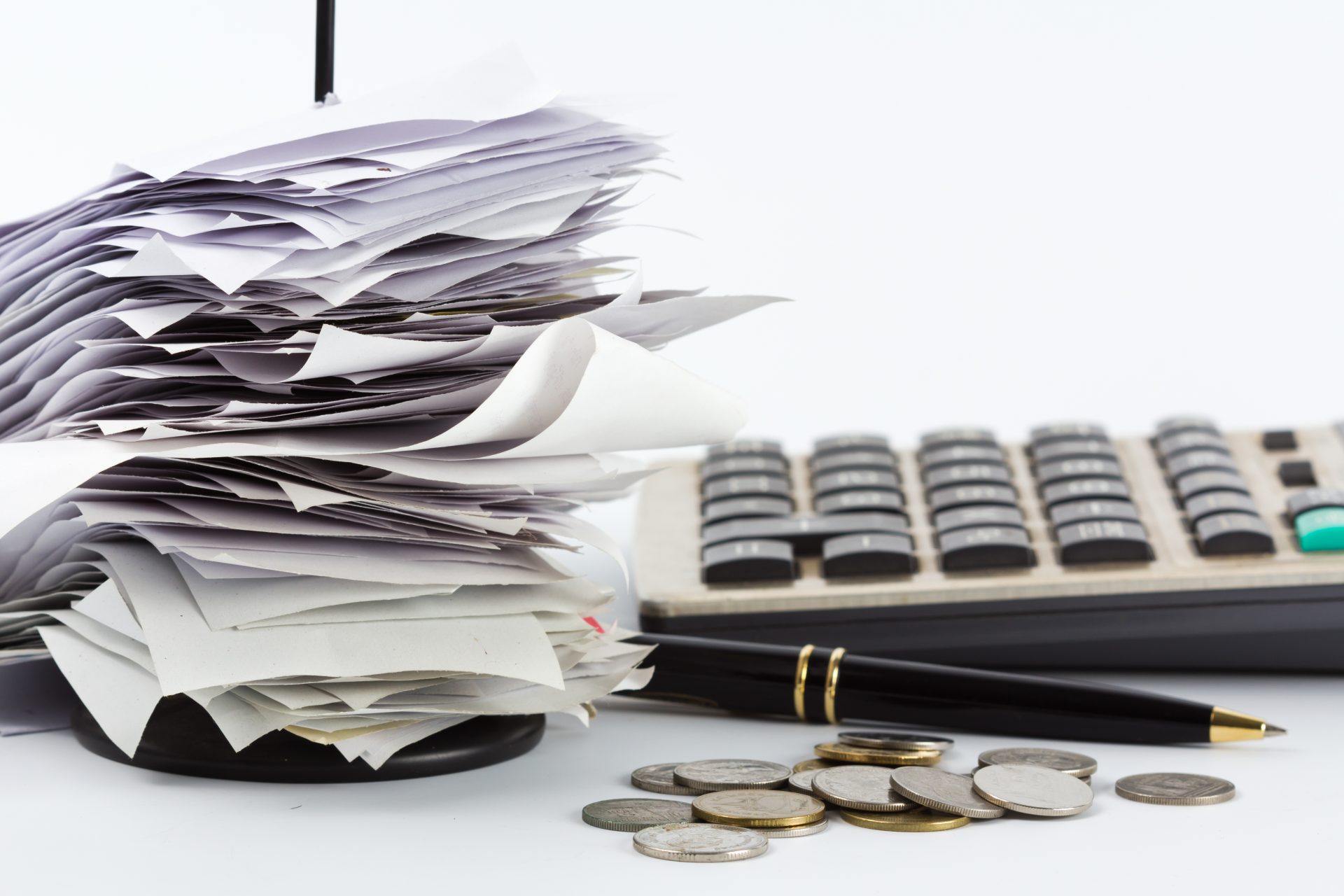
We must point out firstly that we, at iBOSS, are not accountants. Nevertheless we reproduce below information from TaxAssist Accountants that we think may be useful to SME owners/managers. It provides information on time-scales for keeping company tax records.
The implementation of digital software such as QuickBooks, Sage & Xero is helping to remove the requirement to keep company tax records . The implementation of MTD by the Government has also helped in this regard. Many SMEs, however, still have a lot of the paperwork used to support their accounts and tax.
The question is – How long does the business need to keep this paperwork for?
In general terms, the answers are as follows:
Self-employed/partner in a partnership?
Your tax records must be kept for at least five years after the 31st January self-assessment submission deadline. So, after 31st January 2024 you could dispose of your tax records up to the 2017/18 tax year).
The records that you should keep for this time include business bank statements, sales and purchase invoices. Also all other documents supporting your accounts and tax records, such as petty cash records. If HMRC checks your tax return they may ask to see the documents.
Beware, however -If you submitted your tax return late then the requirement to keep records may be longer.
If the business is VAT registered?
If your business is VAT registered, you’ll need to keep all VAT records for at least six years.
Limited company?
If your business is a Limited Company, you should keep all the tax and accounting records for six years from the end of the accounting period. If your year end is 31st March, from 1st April 2024 you can dispose of records for the 31st March 2018 year.
Are you an Employer?
If you’re an employer, you should keep PAYE records for three years from the end of the tax year.
Paper or digital records?
If your records are digital, there is no need to print and file these. Simply just keep the digital records safe and backed up.
If you received the documents physically, then you can keep the records physically. Alternatively you can scan them in and record them with your other digital records.
If you are uploading documents into your bookkeeping software, or storing them digitally, then you don’t need to keep the records elsewhere. You can dispose of the paperwork.
Should I keep some records indefinitely?
Some other records you may want to hang on to for longer. For example, if you’ve purchased a property, it’s important you keep the paperwork. This is in case you need to refer to it when you come to sell the property. Other paperwork relating to the purchase of assets may be needed for a capital gains tax calculation for example.
It’s recommended that you keep a P60 for at least four years. Payslips, however, can be thrown away two years after the end of the tax year.
Lost, missing or unreadable records?
HMRC can charge you a penalty if your records are not accurate, complete or readable.
If you are missing documents, then try to get replacement documents. Suppliers should be able to issue duplicate invoices. Banks can send copies of statements on request. While your employer or pension provider may not be able to provide you with a replacement P60, they can issue you with a statement of earnings.
For more information on tax-related matters, follow this link to the TaxAssist web site.